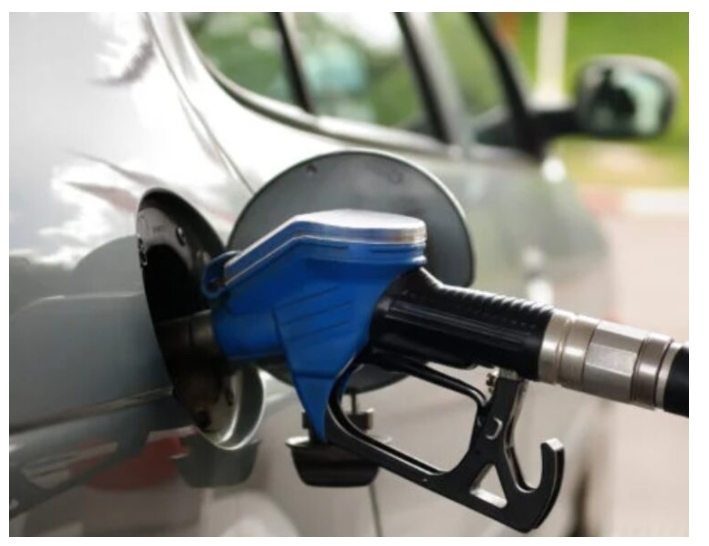IPMAN reveals what will determine if they will buy petrol from NNPC or Dangote refinery
IPMAN reveals what will determine if they will buy petrol from NNPC or Dangote refinery
The Independent Petroleum Marketers Association of Nigeria (IPMAN) says the price of petrol will determine if it will buy from the Nigerian National Petroleum Company (NNPC) Limited or Dangote Petroleum Refinery.
According to Ukadike Chinedu, national publicity secretary of IPMAN, in an interview with Punch on Monday, the association is prepared to buy from either Dangote or NNPC depending on the prices they offer.
Chinedu said the NNPC’s recent clarification that it is not the sole off-taker of Dangote products gives dealers the freedom to get their products from any cheaper source.
“Now that NNPC has said they are not the sole off-taker of Dangote petrol, it then means that the price of the product would determine where we are going to buy it. If NNPC imports the product and its price is cheaper than that of Dangote, we will buy from NNPC,” Chinedu said.
He said the situation reflects the implementation of the Petroleum Industry Act (PIA) and the government’s removal of petrol subsidy, with the pricing of petrol now determined by the principles of demand and supply.
Chinedu said this competition will eventually drive down prices.
On whether marketers had started making plans to import if the imported product is more affordable, he said Abubakar Maigandi, IPMAN’s national president, has initiated discussions with investors, with plans underway to secure funding based on the current market trends.
“So, we are talking with some foreign partners because you need to understand that independent marketers are the highest buyers of diesel from Dangote refinery because we control about 80 percent of the filling stations nationwide,” he added.
“So, if Dangote PMS is cheaper we will buy it, but if importation is cheaper, we will go for it.”
Similarly, Mustapha Zarma, national operations controller of IPMAN, said while the association has not yet contacted the Dangote refinery’s sales department on the price, it plans to do so soon.
‘DECISION TO BUY FROM NNPC, DANGOTE DEPENDS ON RETURN ON INVESTMENT’
Zarma said the decision to buy from Dangote or NNPC would be based on which supplier offers a better return on investment and required margins.
“We may contact the refinery’s sales department this week to find out the price,” Zarma said.
“If the price is competitive enough for one to buy and get his return on investment and the required margin, then we wouldn’t mind purchasing directly from him to complement what NNPC is bringing in or what NNPC would buy from Dangote.
“I believe that we are going to analyse the price of Dangote petrol and see the advantages of buying from Dangote viz-a-viz importation. Whichever we feel is cheaper will automatically attract everybody, especially if importation is cheaper.”
He stressed that competition would help prevent price monopoly, with the market determining local prices for refined petroleum products.
“That will bring about competition and I don’t think the government will allow price monopoly. They would want a competitive market where the laws of demand and supply would determine the local price of refined petroleum products, just like diesel is right now,” he said.
“And with that, there is going to be some kind of equilibrium in the pricing and there is going to be guaranteed sustainability of supply.”
On September 7, NNPC denied reports that it intends to become Dangote refinery’s sole distributor.
The company also said there is no guarantee domestic refining would lead to lower prices compared to global parity pricing.
NNPC said Dangote refinery and any other domestic refinery are free to sell directly to any marketer on a willing buyer, willing seller basis, which is the current practice for all fully deregulated products.



























